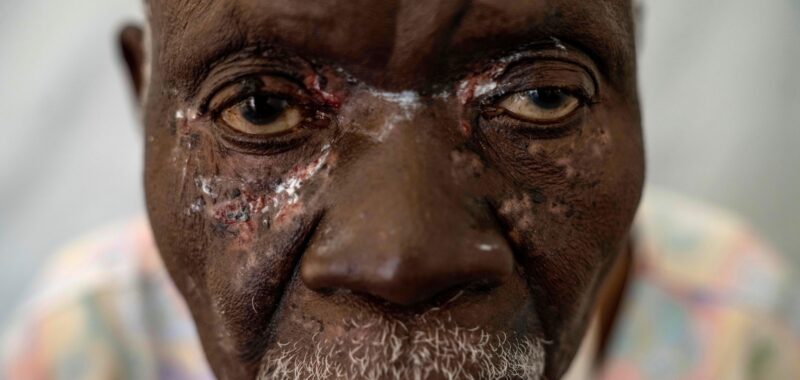ABUJA, Nigeria — Africa is seeing a rapid increase in mpox cases with nearly 4,000 reported in the past week, the continent’s public health body said Tuesday as it repeated a plea for long-awaited vaccines that were due to arrive this week but will now be delayed.
Eighty-one deaths from mpox were reported in Africa in the past week, bringing the total cases and deaths to 22,863 and 622, respectively, Dr. Jean Kaseya, head of the Africa Centers for Disease Control and Prevention, told an online briefing.
About 380,000 doses of mpox vaccines have been promised by Western partners such as the European Union and the United States, he said. That’s less than 15% of the doses authorities have said are needed to end the mpox outbreaks in Congo, the epicenter of the ongoing global emergency.
Following mpox outbreaks outside the African continent in 2022, wealthy countries quickly responded with vaccines and treatments from their stockpiles. However, only a few doses have reached Africa despite pleas from its governments.
At the earliest, the first batch of vaccine doses promised to Africa will arrive on Sept. 1 after delays caused by documentation and emergency authorization issues, Kaseya said.
That batch would include 50,000 doses promised by the U.S. government and 15,000 from vaccines alliance GAVI, said Dr. Ngashi Ngongo, the Africa CDC incidents manager on mpox.
“It is just a matter of now waiting on the U.S. government on the transfer of those vaccines,” Ngongo said.
Congo has also requested at least 2 million doses from Japan of vaccines that are particularly effective in protecting children, he said, with negotiations “quite advanced.”
The new mpox variant first detected in Congo and blamed for the ongoing outbreaks is already triggering “significant” community-level transmission elsewhere, Ngongo said.
For example, in neighboring Burundi, nearly 800 mpox cases have been recorded in the last month, he said.
The Africa CDC said it is working on a unified response plan for the outbreaks which will be presented to African heads of state for consideration at a meeting in September.
So far, African countries are promoting health measures and hygiene practices that would slow the spread of the mpox virus, Kaseya said.
Experts, however, have said such measures are difficult to enforce in Congo, where millions fleeing violence are crammed in displaced camps amid a decadelong humanitarian crisis.
“Humanitarian actors are struggling to control the outbreak due to insufficient resources,” said Heather Kerr, the International Rescue Committee country director in Congo, adding that children are especially vulnerable.
___
Associated Press journalist Gerald Imray in Cape Town, South Africa, contributed.

